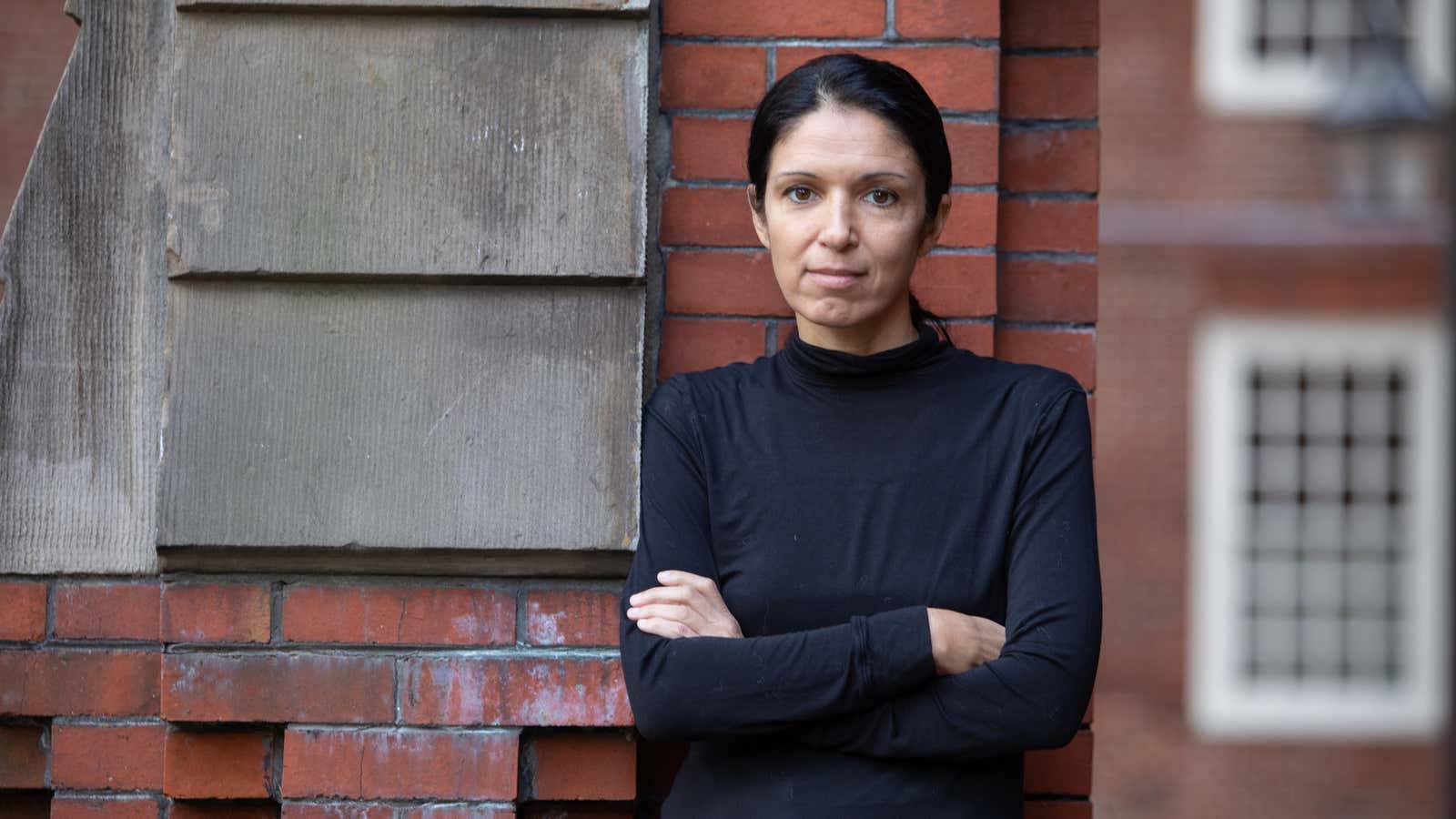This year’s selection of MacArthur Foundation fellows speaks to issues that have shaken the US over the past year and half.
The 2021 class, which was announced on Sept. 28, includes an economist studying political polarization, as well as a painter, a writer, and an art curator whose work centers around Black identity. Other recipients of this year’s fellowship—which comes with a $625,000 stipend—are two filmmakers chronicling the lives and work of migrants at the US-Mexico border, and an Amazon designer who develops technologies to help blind and visually impaired people like himself.
The foundation also selected two scholars whose work has proven particularly relevant to understanding both the spread of Covid-19 and its impact on communities as well.
Bedford work traces Covid-19 and its strains
Trevor Bedford, a computational virologist with the Fred Hutchinson Cancer Research Center in Seattle, won a “genius” grant for his work developing tools to help track and forecast the spread of viral pathogens like the coronavirus. Using an open-source platform called Nextstrain, Bedford began tracing the spread of Covid-19 with real-time genomic sequencing during the early days of the pandemic. He and his colleagues used this tool to analyze how the virus was introduced to Washington state from elsewhere in early 2020.
Bedford had previously used similar tracking technologies to track the spread of viruses like Ebola and Zika. The platform Bedford worked on, which is available to anyone in the world, helps scientists surveil and investigate new strains of Covid-19 as they emerge, according to the MacArthur Foundation.
The virologist said on Twitter the MacArthur funding was “a scientist’s dream” but that he also had mixed feelings about it, given its ties to the pandemic. “It feels perhaps uncomfortable to be professionally rewarded for doing something that felt like a moral imperative,” he wrote.
Alsan considers why some communities were hit harder
If Bedford’s research has helped us better understand how Covid-19 spreads and mutates, Marcella Alsan’s work provides insight on why the virus hit some communities harder than others.
The economist and physician, who teaches at Harvard’s Kennedy School, published research in 2018 that found Black men in the US harbored a high level of mistrust toward medical institutions in the years after the Tuskegee Syphilis study, which in turn contributed to poor health indicators. During the coronavirus pandemic, Alsan has continued to focus on how racial, ethnic, and socioeconomic disparities contribute to differing health outcomes. For example, she and colleagues have published papers on the efficacy of public health messaging tailored to Black and Latinx communities, and on how Black, Hispanic, and Indigenous Americans have accounted for a disproportionate share of Covid-19 deaths in the US.
“I hope that my work provides rigorous evidence [of] not only what leads to health inequality, but what are the ways that we can address it,” Alsan said in a video released by the foundation.
Correction: An earlier version of this story misspelled Bedford and Alsan’s names.
